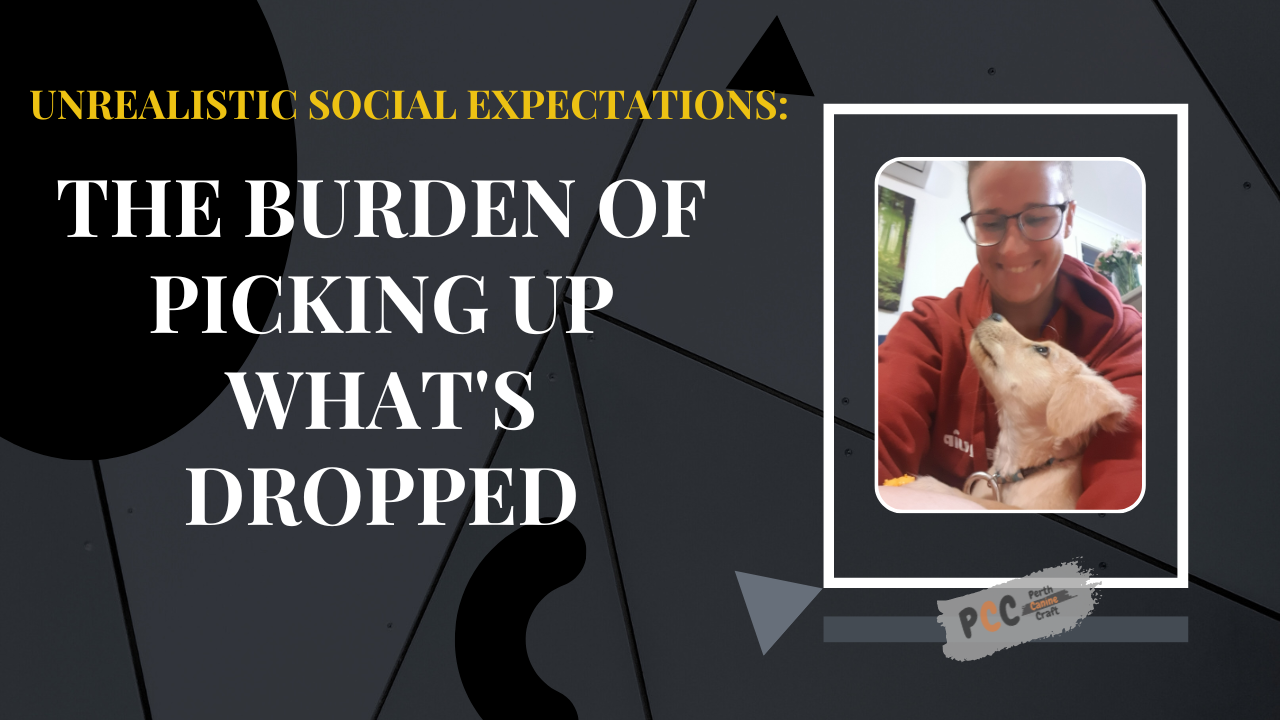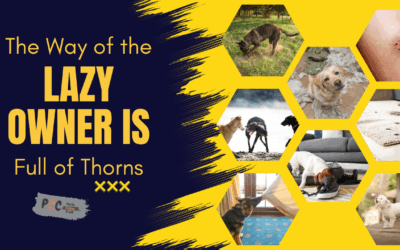In a world governed by intricate social norms and unspoken rules, there’s an unrealistic expectation placed on individuals to effortlessly pick up what every person they encounter has dropped – whether it’s a stranger or someone in a public setting.
Consider this: Have you ever felt the weight of being responsible for something you didn’t even know existed or was expected of you? The reality is, we all have finite time, energy, and awareness. It’s simply impractical to anticipate and manage every subtle cue or unexpressed need that others might unintentionally drop.
Imagine the scenario:
It was a busy afternoon at the local café, and Sarah, a diligent barista, was hustling behind the counter to fulfill orders. Amidst the hustle, a customer, Alex, stood at the end of the counter, trying to catch Sarah’s attention to ask for a refill on their coffee. Unbeknownst to Sarah, Alex was subtly shifting their gaze toward the empty cup, hoping it would signal their need for a refill. However, Sarah was preoccupied with managing multiple tasks and serving other customers, completely unaware of Alex’s unspoken request. After a few minutes of waiting, Alex started to feel ignored and frustrated. They thought, “Why is this barista being so rude? Can’t she see I need a refill?” Feeling slighted, Alex decided to approach Sarah directly, their tone tinged with annoyance.
Startled by Alex’s sudden irritation, Sarah apologized profusely and quickly refilled the coffee, unaware that she had missed a social cue. As Alex walked away, still slightly irked, Sarah couldn’t help but feel unjustly blamed for something she didn’t even realize had happened. Later, during a break, Sarah mulled over the situation. She understood that sometimes people communicate subtly, expecting others to pick up on cues, but is it fair to expect mind-reading abilities? She wondered how she could balance her responsibilities while staying attuned to these subtle hints.
See how Sarah was seen as being rude or unhelpful because Alex dropped a social cue or hint that Sarah failed to notice. How fair is it to expect Sarah to be a mind reader when she was clearly busy? Now I realise that it might not be so obvious when it might have been in Sarah or Alex’s shoes.

Unrealistic Social Expectations: The Burden of Picking Up What’s
As an individual navigating the complexities of social interactions, particularly as someone on the autism spectrum, I’ve learned the art of communicating when I lack the resources to pick up on what’s unspoken. I’ve had to be candid about my limitations, offering others the opportunity to be more empathetic and understanding.
It’s about acknowledging the absurdity of expecting others to be accountable for what they can’t perceive or comprehend. Just as I might not always interpret unspoken cues due to my limitations, others also have their constraints.
Our society could benefit from embracing transparent communication. Rather than placing undue pressure on individuals to decode what’s unsaid, let’s foster an environment where directness and openness replace hidden expectations. It’s an opportunity to respect each other’s boundaries and recognize that we’re all navigating a complex social landscape filled with misunderstandings.
The burden of deciphering unspoken cues from everyone we encounter is simply unsustainable. Instead, let’s champion a culture of clear communication, mutual respect, and understanding. By doing so, we alleviate the pressure of assuming that everyone should understand what isn’t explicitly communicated.





0 Comments